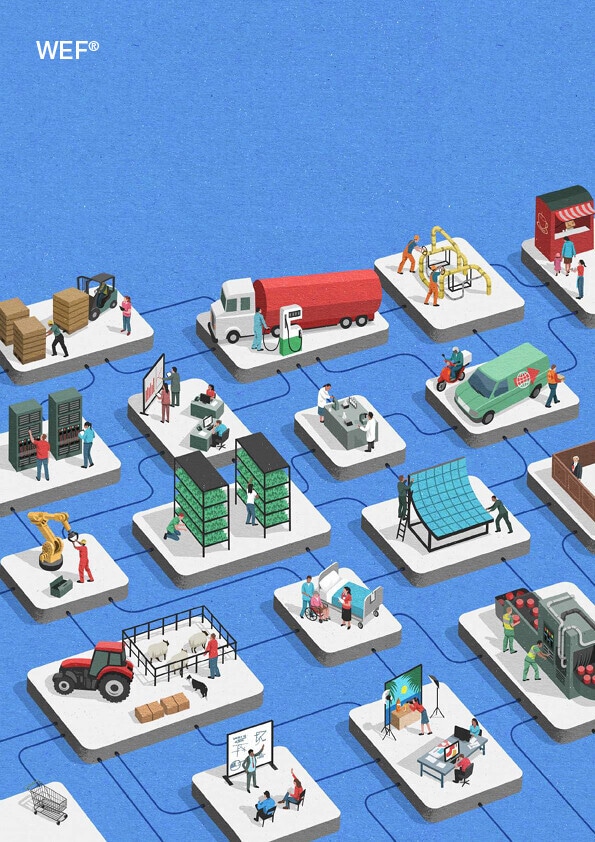The Future of Jobs Report 2023

Conclusion
The transformation of jobs and skills have significant impacts on businesses, governments and workers worldwide. It is crucial to develop insight forecasts, identify the appropriate talent to promote growth, and make informed decisions on managing the significant disruptions to jobs and skills for employers and workers alike.
This year’s edition of the Future of Jobs Report presents a mixed picture with regard to the 2023-2027 outlook for the global labour-market landscape. Global macrotrends and disruptions create an ever-more complex environment for policy-makers, employers and workers to navigate, and uncertainty and volatility remain high (Chapter 1). Thus, while, in early 2023, pessimistic predictions regarding the jobs impact of the green transition and generative AI dominate the media headlines, these areas have also been identified as some of the largest drivers of future job creation by Future of Jobs Survey respondents (Chapter 2). While the report finds – for the second time since its inception – a net negative global employment outlook, these displacements are likely to be highly concentrated in an identifiable set of job categories, enabling targeted support and proactive redeployment strategies (Chapter 3). While skills disruption remains high, it has somewhat stabilized from the height of the COVID-19 pandemic (Chapter 4). And while companies continue to identify access to skilled talent as the single biggest barrier to business transformation, expectations regarding workforce strategies show an increasing level of nuance, pragmatism and proactive engagement (Chapter 5).
This last point reflects a core tenet of the Future of Jobs Report since its inception: that the future of work can be shaped for better outcomes and that it is the policy, business and investment decisions made by leaders today that will determine outcomes and the future space for action.
Accordingly, we hope that this report will contribute to an ambitious multistakeholder agenda to better prepare workers, businesses, governments, educators and civil society for the disruptions to come, and empower them to navigate these social, environmental and technological transitions.